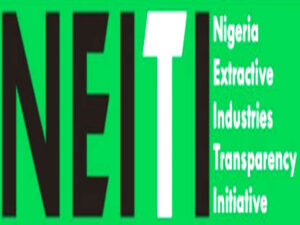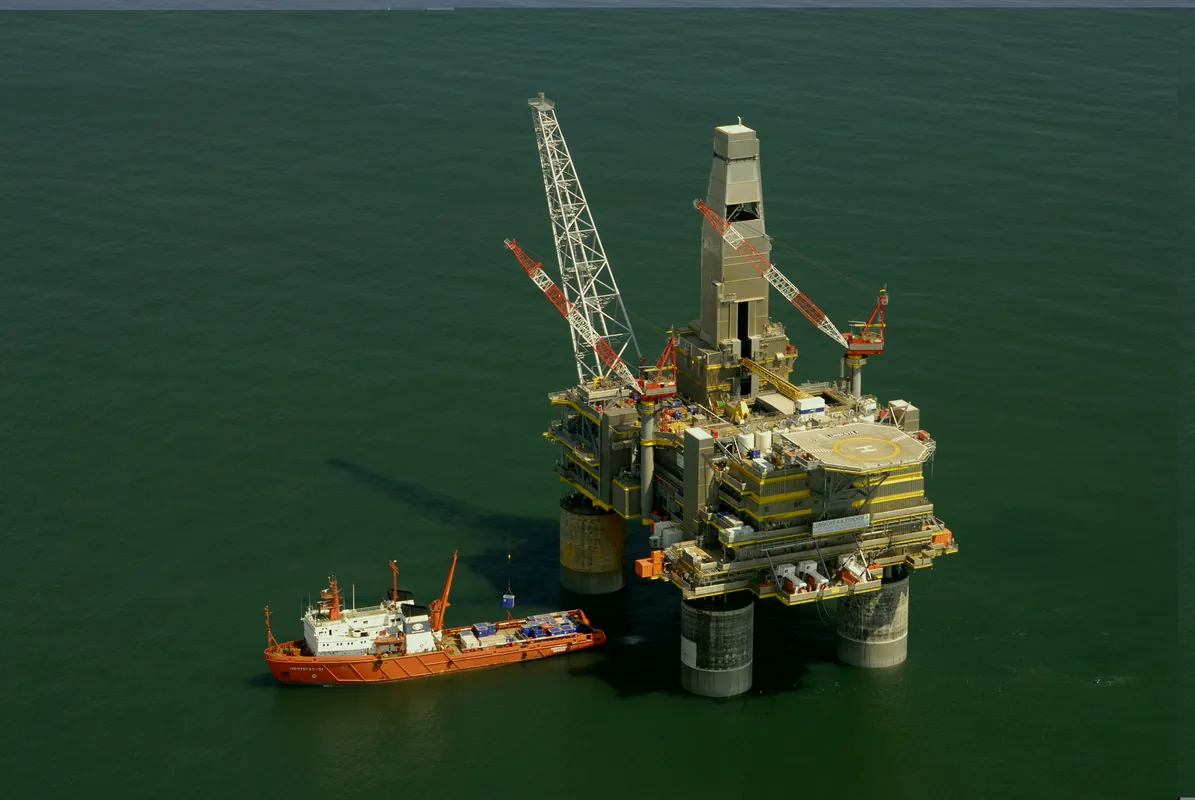President Bola Tinubu has endorsed an executive order highlighting a performance-driven framework for oil sector operators, designed to link tax incentives directly to verifiable cost savings.
Under the new Upstream Petroleum Operations Cost Efficiency Incentives Order 2025, operators who successfully implement industry-standard cost reductions in onshore, shallow water, and deep offshore fields will qualify for defined tax relief. These tax credits will be capped at 20 per cent of an operator’s annual tax liability.
“This Order is a signal to the world: we are building an oil and gas sector that is efficient, competitive, and works for all Nigerians,” Tinubu said in a statement. “It is about securing our future, creating jobs, and making every barrel count.”
Analysts say success will largely be dependent on implementation. “President Tinubu referred in the announcement to the importance of alignment between government agencies. Succeed there and this could be highly significant towards improving Nigeria’s investment appeal,” said Clementine Wallop, director for sub-Saharan Africa at Horizon Engage.
This order is a key component of the government’s ongoing reforms aimed at boosting competitiveness within the sector.
Last year, Nigeria offered a 25 per cent gas utilisation investment allowance for equipment and plant for new and ongoing projects, and began streamlining contracting processes as part of commercial enablers to make offshore drilling more attractive.
These incentives, while they haven’t yielded investments in a new field, have spurred a few producers to return to existing fields.
This was announced on Thursday by the Special Adviser to the President on Energy, Olu Verheijen.
“Nigeria must attract investment inflows, not out of charity, but because investors are convinced of real and enduring value.
This Order is a signal to the world: we are building an oil and gas sector that is efficient, competitive, and works for all Nigerians. It is about securing our future, creating jobs, and making every barrel count,” President Tinubu was quoted as saying.
“This is not a pursuit of cost reduction for its own sake. It is a deliberate strategy to position Nigeria’s upstream sector as globally competitive and fiscally resilient,” Verheijen added. “With this reform, we are rewarding efficiency, strengthening investor confidence, and ultimately delivering greater value to the Nigerian people.”
The Executive Order builds upon Tinubu’s 2024 energy sector reforms, which introduced improved fiscal terms for investors, shortened project timelines, and streamlined local content requirements in line with global standards.
In a speech to mark his second year anniversary in office, President Tinubu restated his commitment to attracting investment to the oil and gas sector.
“The oil and gas sector is recovering; rig counts are up by over 400% in 2025 compared to 2021, and over $8 billion in new investments have been committed,” he said.
his latest Executive Order builds on the administration’s 2024 reform directives, which enhanced fiscal terms, shortened project timelines, and aligned local content requirements with global best practices.
Notably, on February 28, 2024, President Tinubu signed three Executive Orders reaffirming the Federal Government’s commitment to improving Nigeria’s investment climate and positioning the country as Africa’s preferred petroleum sector destination.
These Orders include:Oil and Gas Companies (Tax Incentives, Exemption, Remission, etc.) Order, 2024, Presidential Directive on Local Content Compliance Requirements, 2024 and Presidential Directive on Reduction of Petroleum Sector Contracting Costs and Timelines, 2024.





